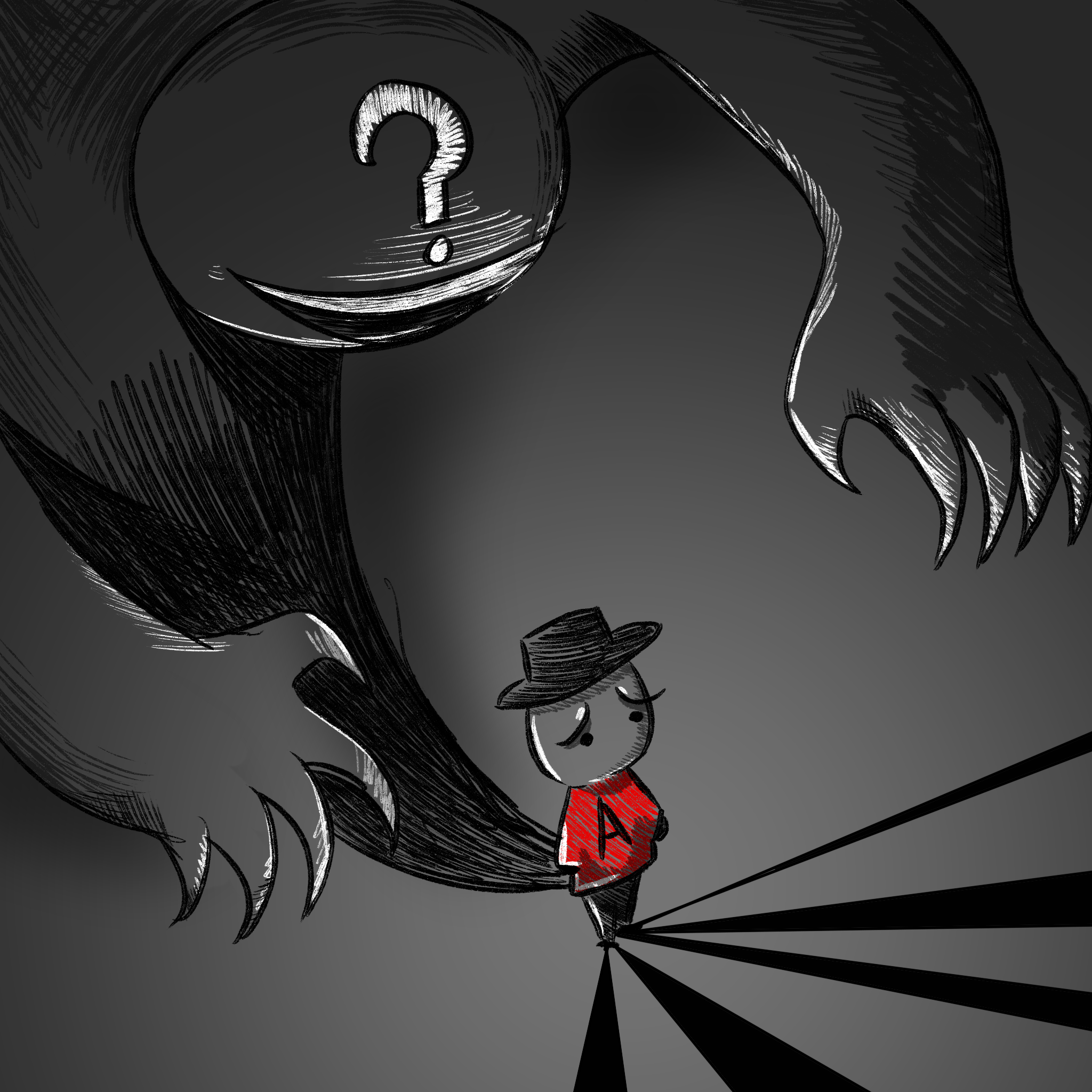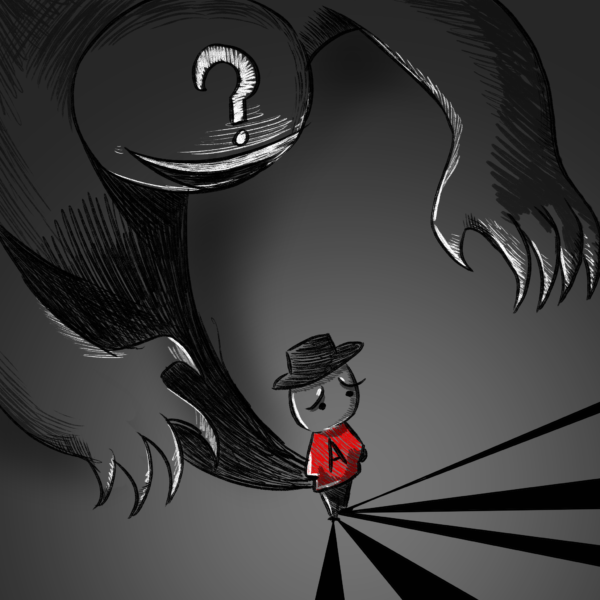

As the school year goes on, students have continued to encounter online negativity on social media platforms. Online negativity has spread through the internet since the web’s creation. Gossip has plagued humans since the dawn of communication, and the internet gives gossip a powerful platform.
Before the internet, bullying usually remained isolated to face-to-face confrontations.
“Kids were bullies when I was in high school, but it’s such a different component when students can do it on social media without being caught for it,” said Assistant Principal Lisa Nagendran.
In a recent study of 300 people published in New York Daily News, 80% of conversations are spent talking about other people. While seemingly bad, it was found that only 5% of gossip was malicious. However, a small amount of harmful gossip can still have a big impact.
“If a secret got out about me, like about someone I like, it [spreads],” said freshman Shastha Suresh. “Everyone knows.”
However, as the internet has taken a more important role in people’s lives, online bullying and gossip have become more prominent and problematic. Although many people brush off the phenomenon of cyberbullying, it can lead to pernicious consequences. Many forms of cyberbullying, such as cyberstalking, trolling and hate raids, are proliferating widely. Cyberbullying mostly happens on social media platforms, such as Twitter, Instagram and Snapchat, which are used by 90% of teens aged 13-17, according to the American Academy of Child and Adolescent Psychiatry.
“It is a really sad component of the current reality for all growing teenagers in our society”
With the anonymity the internet can provide, many people who spread hate and negativity online never face any consequences for the damage they may inflict.
“It’s the fact that you can be anonymous by not having to [reveal] your identity that’s helped [increase] cyberbullying,” said freshman Natasha Efron.
Recently, there has been an alarming growth in Instagram accounts that target certain individuals. Users can submit anonymous “confessions,” which are often negative.
“I know people who see the comments on the confession page and feel bad about it,” Efron said.
There may be many reasons why students enjoy doing this.
“People post negative things about others to boost themselves up,” Suresh said.
In addition, Instagram accounts that post pictures of people without their consent have been circulating.
“It is a really sad component of the current reality for all growing teenagers in our society,” Nagendran said. “People use the anonymity [to] say and do things that they wouldn’t normally do if they were face to face with people.”
In response, the administration has been pushing Aragon CARES and promoting positivity.
“We try as much as we can, but we need the community to be upstanders,” said Assistant Principal Nicole Elenz-Martin. “This is not the culture of Aragon. [Students should] advocate for stopping this negativity.”
This online negativity has affected Aragon’s community as a whole.
“I think it’s made [the school] a bit more toxic,” Suresh said.
Although many of these social media platforms are ceasing posting, online negativity and gossip are still notable issues that the Aragon community and many others have to deal with.



